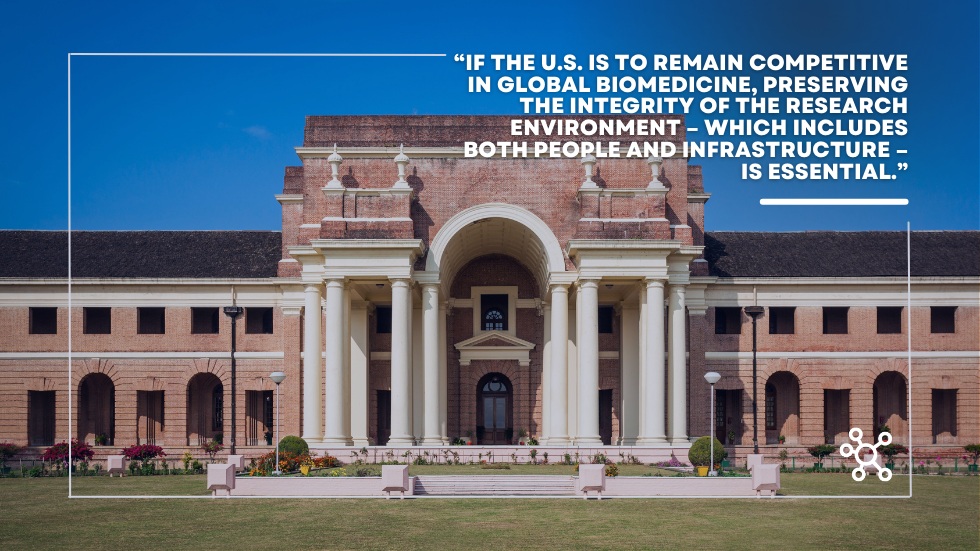To deliver the results you expect, your recruiter needs your support
Working with a recruiter differs significantly from doing business with, say, a laboratory equipment supplier. You’re not just trading a product for some cash, but joining forces to produce a result. Think of a recruiter as a partner—and all good partnerships operate along two-way streets. Consider these tips to help you get the most from the alliance.
Spell out your requirements: It’s not enough to tell the recruiter you’re looking for a good communicator with experience in precision oncology and industry contacts. Specify the must-have and nice-to-have criteria1 – and spell out your reasoning. For example: “Diversity is always a consideration, but never at the expense of finding the best person for a job.” Or conversely: “We’ve been called out for our lack of diversity, so we’ve made diversity our top hiring priority for the next year.” Discuss deal-breakers (such as unwillingness to work extra hours) as well.
Pass along the intel: Keep your recruiter abreast of R&D news in your organization. Has your flagship drug entered phase 2 trials? Is one of your assays being tested in a medical laboratory chain? Such updates can alert your recruiter to consider a candidate they may have otherwise overlooked—perhaps the assay developer with two patents to her name. Same goes for new business developments:2 if the company is gearing up to reorganize, having the information can help the recruiter adapt their search to the new company structure.
Share insights from top performers: Help your recruiter understand what a top performer looks like in your organization. Start by getting the info from the horse’s mouth: the superstars themselves. Ask them questions to uncover common themes:3 What skills have enabled you to be successful? What training was most useful to you? What motivates you in new roles? How do you keep things fresh after a long time on the job? Catalogue these insights and share them with the recruiter, who can look for similar qualities in the search for your new superstar.
Transmit the passion: Tell your recruiter what gets you excited about the company. Passion is contagious, and communicating what gets you jazzed up—whether it’s the travel opportunities, mentorship programs, or partnerships with patient advocacy groups—will help the recruiter find candidates who bring a similar energy and vision to the table.
Keep talking: A two-way street doesn’t serve much purpose if nobody uses it. If you pass on a candidate, tell your recruiter exactly why. For example, “They ticked all the boxes but seemed to lack energy and passion” tells your recruiter that you’re looking for more than a collection of skills. And don’t leave such exchanges to chance: a scheduled feedback process will keep you and the recruiter on the same page.
Supporting your recruiter helps them conduct a targeted and productive search. It goes both ways, of course: your recruiter also has a responsibility to ask clarifying questions and to provide feedback. At Sci.bio, we understand that successful recruitment depends on such two-way communication. It’s the magic that makes successful recruiting happen. We also live and breathe science, and it’s not by accident that most of our recruiters have degrees in the life sciences. We invite you to find out more.
References
1. McLaren S. How to keep your best recruiters from leaving. LinkedIn Business. January 15, 2020.
2. Beuns-Morgan M. Five ways recruiters and HRPBs can be better partners to each other. LinkedIn Pulse. November 19, 2010.
3. Hiring managers: how to build a strategic partnership with your recruiter. Social Hire.





